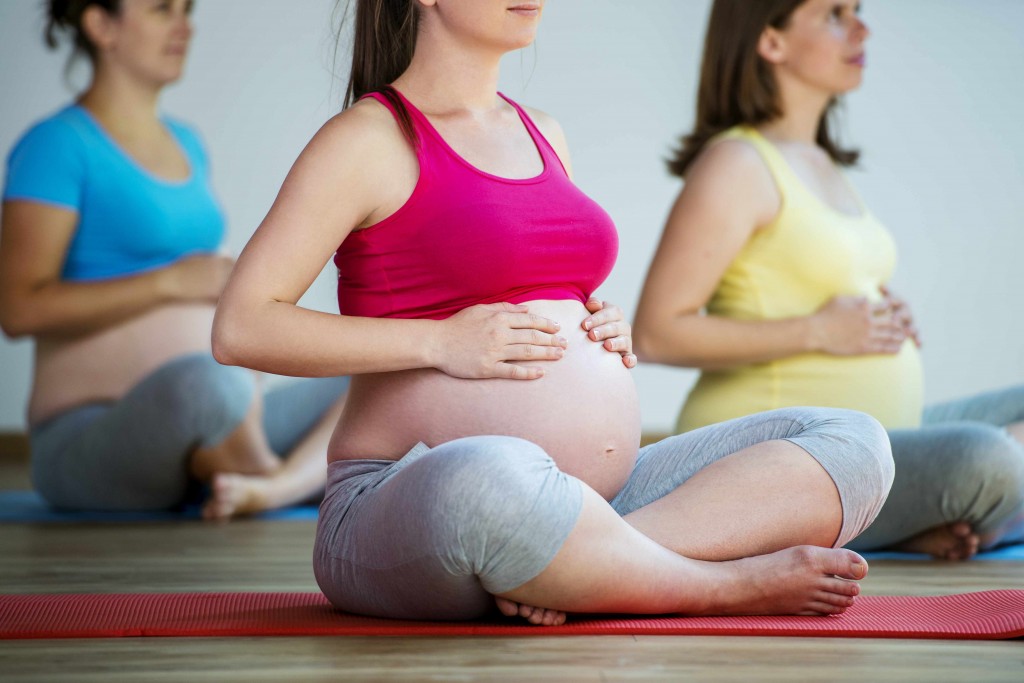-
Health & Wellness
Exercise During Pregnancy: Safe And Beneficial
Pregnancy might seem like the perfect time to sit back and relax. You may feel more tired than usual, your back might ache and your ankles might be swollen.
But there's more to pregnancy and exercise than skipping it entirely. Unless you're experiencing serious complications, sitting around won't help. In fact, pregnancy can be a great time to get active — even if you haven't exercised in a while.
Seanna Thompson, M.D., Mayo Clinic Health System OB/GYN physician, answers a few common questions about pregnancy and exercise.
What are the benefits of exercise during pregnancy?
Regular exercise can help your body adapt to the changes that occur during pregnancy. Exercise reduces constipation, bloating, swelling and backaches. Physical activity improves mood, posture, muscle tone, strength and endurance. It may also help you sleep better. Additionally, exercise can benefit the baby and may even prevent or treat gestational diabetes.
Overall, exercise regularly keeps you fit during pregnancy, increases your energy level and can help you cope better with labor. Post-baby workouts will also help you take weight off more quickly after delivery.
What exercise should I do?
Exercise that incorporates cardiovascular fitness is beneficial. Walking, swimming, cycling, aerobics, yoga, Pilates and running are exercises safe for pregnancy. Be sure to listen to your body and drink plenty of fluids to stay hydrated. Kegel exercises strengthen the pelvic floor muscles, which support the uterus, bladder, small intestine and rectum. You can do Kegel exercises discreetly just about any time. Squeeze the pelvic floor muscles for five seconds and relax and squeeze again; try to do 50 a day.
Is it OK to start exercising if I do not routinely exercise?
Yes. It’s never too late to start. Make sure to drink plenty of water, wear loose-fitting clothes and a supportive bra. Stay cool, take breaks and stop if you feel overheated. Be sure to listen to your body.
Are there any exercises I should avoid?
Avoid contact sports, as well as activities where there is a high risk of falling. Avoid hot yoga, downhill skiing, hockey, basketball, soccer, wrestling, fight club, scuba, gymnastics, water skiing and horseback riding. Although free weights can be utilized, there is a risk of hitting the abdomen. Use of resistance bands may be preferable. Also, stay off your back after the first trimester. Avoid activities that require balance skills later in pregnancy.
How much should I exercise?
Depending on your fitness level, consider these guidelines:
- You haven't exercised for a while. Begin with as little as five minutes of physical activity a day. Build up to 10 minutes, 15 minutes and so on until you reach at least 30 minutes a day.
- You exercised before pregnancy. You can probably continue to work out at the same level while you're pregnant — as long as you're feeling comfortable and your health care provider says it's OK.
What should I watch out for?
The hormones in your body can cause the ligaments that support your joints to relax, making joints more mobile and more at risk for injury. The extra weight shifts your center of gravity, placing stress on your back, muscles and joints. Stop exercise if vaginal bleeding, dizziness, chest pain or fluid leaking from the vagina occurs. If you experience these symptoms during exercise, contact your health care provider.
Related Articles








